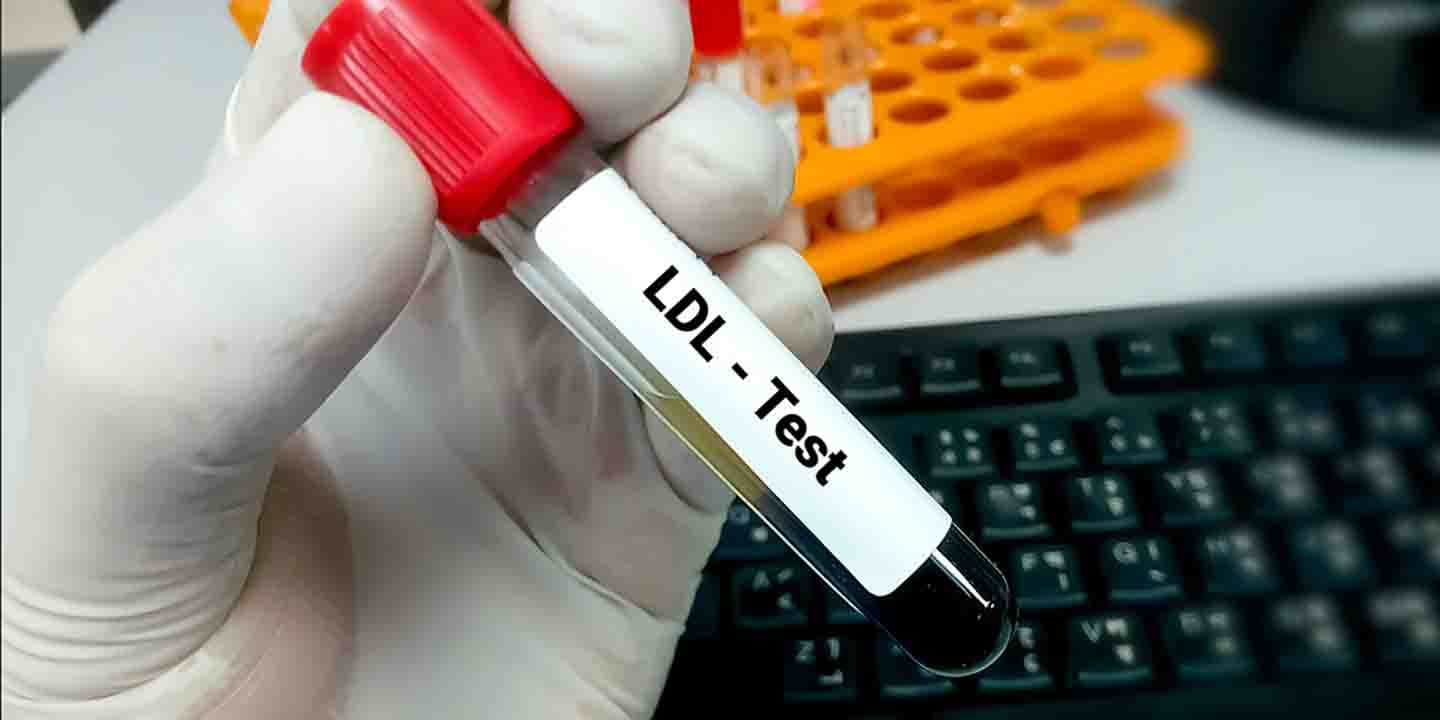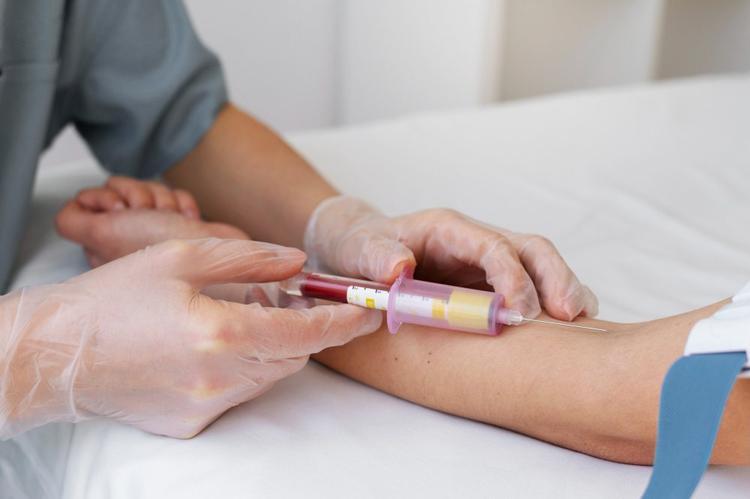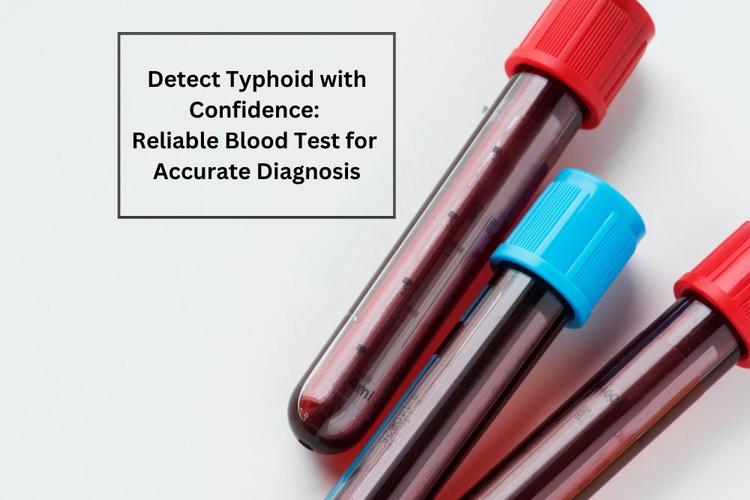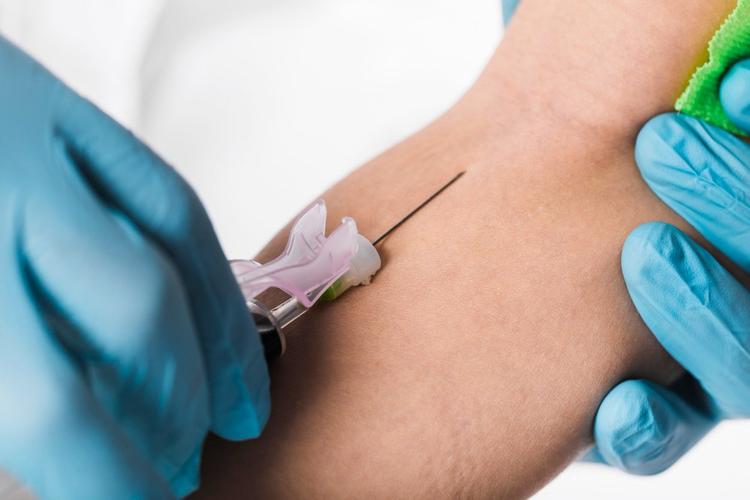Lipoprotein (a) Blood Test: what is it used for, normal range, and more

Medically Reviewed By
Dr. Ragiinii Sharma
Written By Dr. Ragiinii Sharma
on Mar 31, 2022
Last Edit Made By Dr. Ragiinii Sharma
on Mar 17, 2024

Lipoprotein (a) is a low density cholesterol that can form plaques in your blood vessels if present in a high amount. These lipoproteins are made up of proteins and fat. They act as an important biomarker to evaluate if you are at risk of developing heart diseases, leading to a stroke. Lipoprotein (a) test is not included in your daily routine tests and is often conducted only on the recommendation of the doctor.
Through this article, let's explore the reasons for which your doctor can recommend a lipoprotein (a) test, the symptoms of elevated lipoprotein (a), the normal range of lipoprotein (a), causes of increased lipoprotein (a) levels, and the ways in which you can reduce the risk of heart diseases if in case your lipoprotein (a) levels are found to be elevated.

What is the use of Lipoprotein (a) Blood Test?
Lipoprotein(a) test is generally recommended by a doctor to check the levels of lipoprotein (a) that can help in analysing your risk of developing cardiovascular diseases that can lead to a stroke and heart attack. The levels of lipoprotein (a) are tested with an aim to diagnose cardiovascular diseases at an early stage. Your doctor might recommend you a lipoprotein (a) test due to the one or more of the following reasons:
- A family history of cardiovascular diseases at or before the age of 55
- An existing vascular disease or heart condition.
- Had a stroke or heart attack in the past
- In postmenopausal women as they are more prone to heart diseases, diabetes, hypertension and vascular diseases.
What is the Normal Range of Lipoprotein (a) in Blood Tests?
The levels of lipoprotein (a) remain almost constant throughout life and are not affected much by an individual's lifestyle. The normal levels of lipoprotein (a) are considered to be less than 30 mg/dL. The levels of lipoprotein (a) greater than 30 mg/dL refers to higher cholesterol levels in your blood that is indicative of an increased risk for cardiovascular diseases. The levels of lipoprotein (a) generally increase slightly in females after menopause.
What can Cause an Increase in Lipoprotein (a) levels?
Lipoprotein (a) levels generally remain constant throughou an individual’s life, but they can be increased due to certain medical conditions and risk factors like:
- Genetic factors, that is, someone in your family had elevated lipoprotein (a) levels.
- Renal failure
- Hypercholesterolemia, that is, an increased level of cholesterol in the blood.
- Uncontrolled diabetes
- Oestrogen depletion
- Hypothyroidism, that is, an underactive thyroid gland
- Nephrotic syndrome (It is a condition wherein the kidneys swell, and the levels of lipoprotein (a) and cholesterol increases whereas protein levels reduce.)
What to do if Lipoprotein (a) levels are Elevated?
Currently, there is no medicine that has shown effective results in reducing the levels of lipoprotein (a). Also, your lifestyle does not have any impact on the levels of lipoprotein (a) in your blood. However, certain lifestyle modifications can be made to decrease the risk of development of heart diseases. These alterations include:
- Healthy Diet: A diet rich in saturated fats, reduced carbohydrates and processed food can help you reduce your risk to heart diseases. Also, including green vegetables and fibre rich food can further improve the health of your heart.
- Weight Management: Obesity increases your risk of heart diseases. Therefore, one should always keep their weight in check.
- Regular Exercise: Any sort of physical activity for at least 30 minutes every day will not only keep you fit and your weight in control but will also ultimately help in improving your heart health.
- Quit Smoking: Smoking is one of the most important factors of heart diseases. Thus quitting smoking is one of the key steps towards a healthy lifestyle and better management of diseases.
Takeaway
Lipoprotein (a) is a vital marker to assess the health of your heart and evaluate your risk of any cardiovascular disorders. The lipoprotein (a) test is seldom recommended by a doctor. Therefore, if your doctor recommends you a lipoprotein (a) test, get it done as soon as possible. Now that you know what the normal range of lipoprotein (a) is and how you can reduce your chances of heart risk, you can better adapt your lifestyle to make sure your elevated lipoprotein (a) levels remain in check.
Frequently Asked Questions (FAQs)
-
Can high lipoprotein (a) levels be treated through drugs?
No, currently there is no FDA approved drug or medication that can help in reducing the levels of lipoprotein (a).
-
How can I get the lipoprotein (a) test done?
You can get a lipoprotein (a) test done easily under the cardiac risk markers with a full body screening test at Redcliffe labs that will conduct approximately 82 tests to evaluate your risk of cardiac diseases.
-
How much will a lipoprotein (a) test cost?
The cost of the lipoprotein (a) test at Redcliffe labs is approximately Rs 1499/-.



